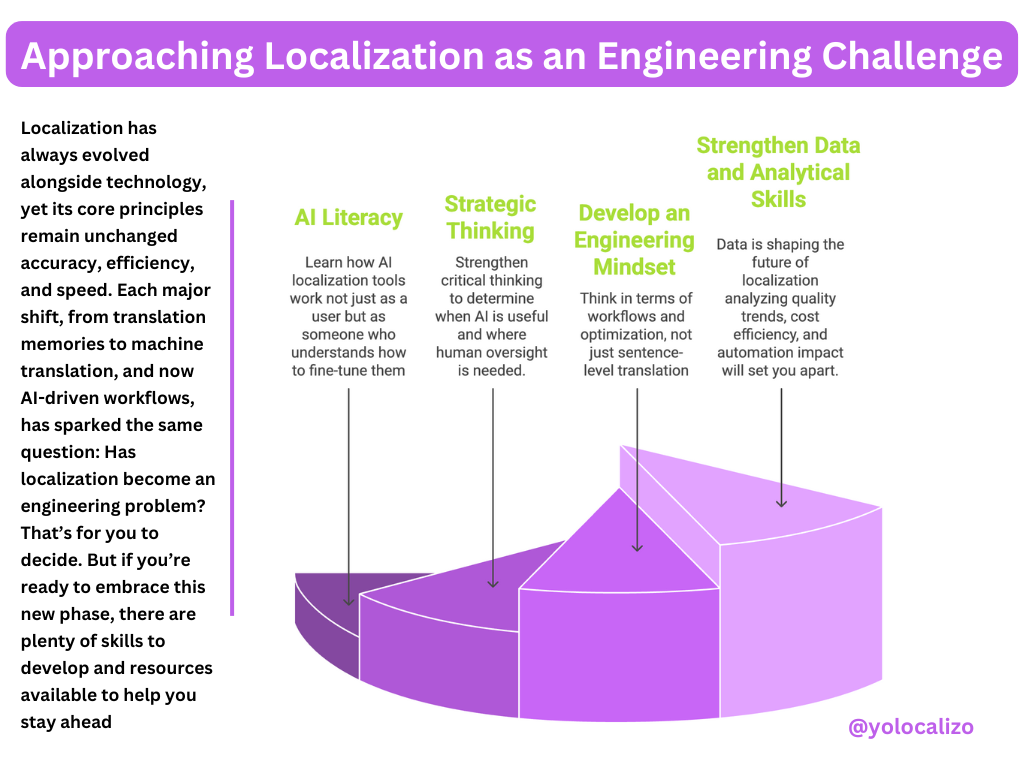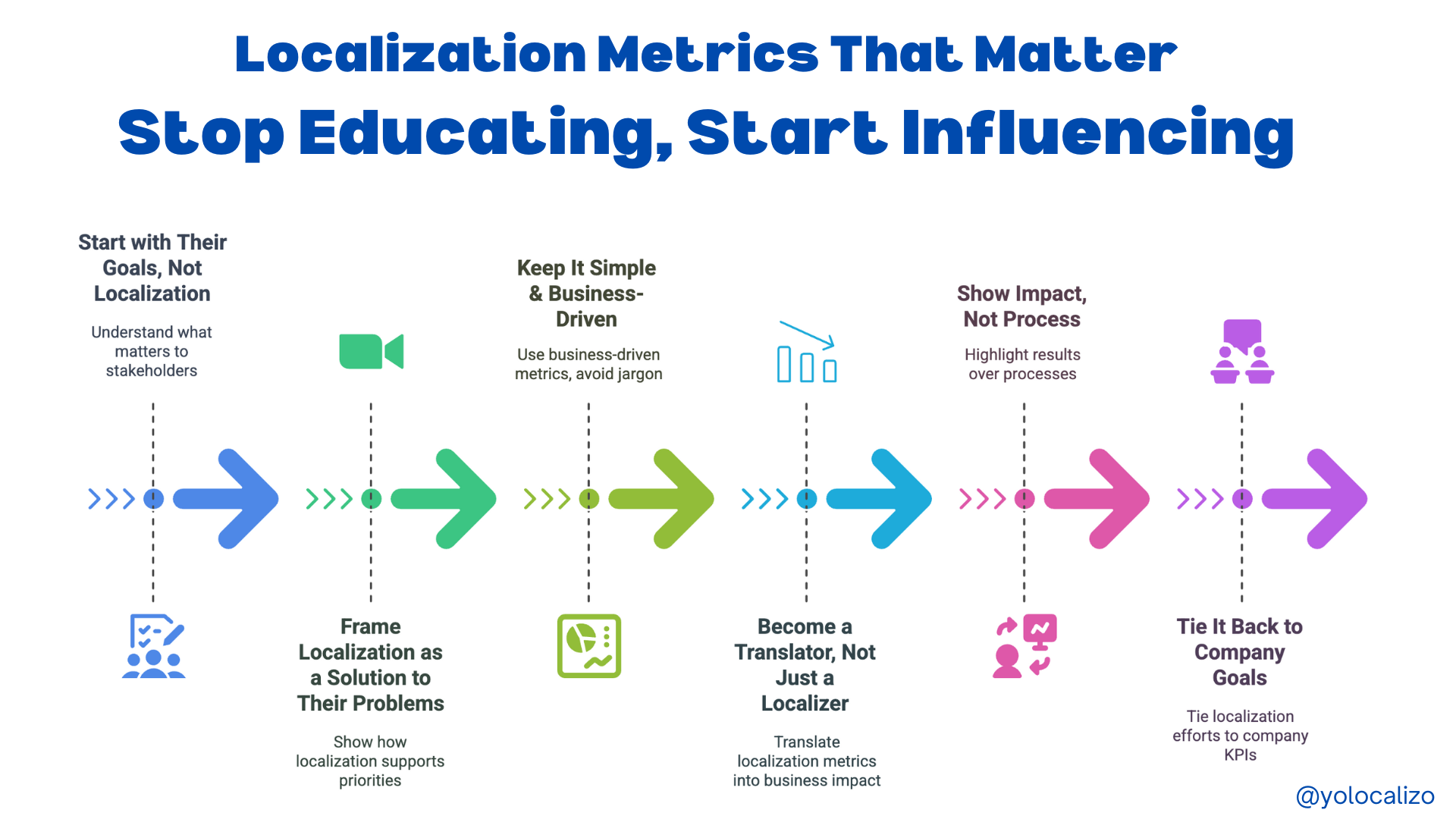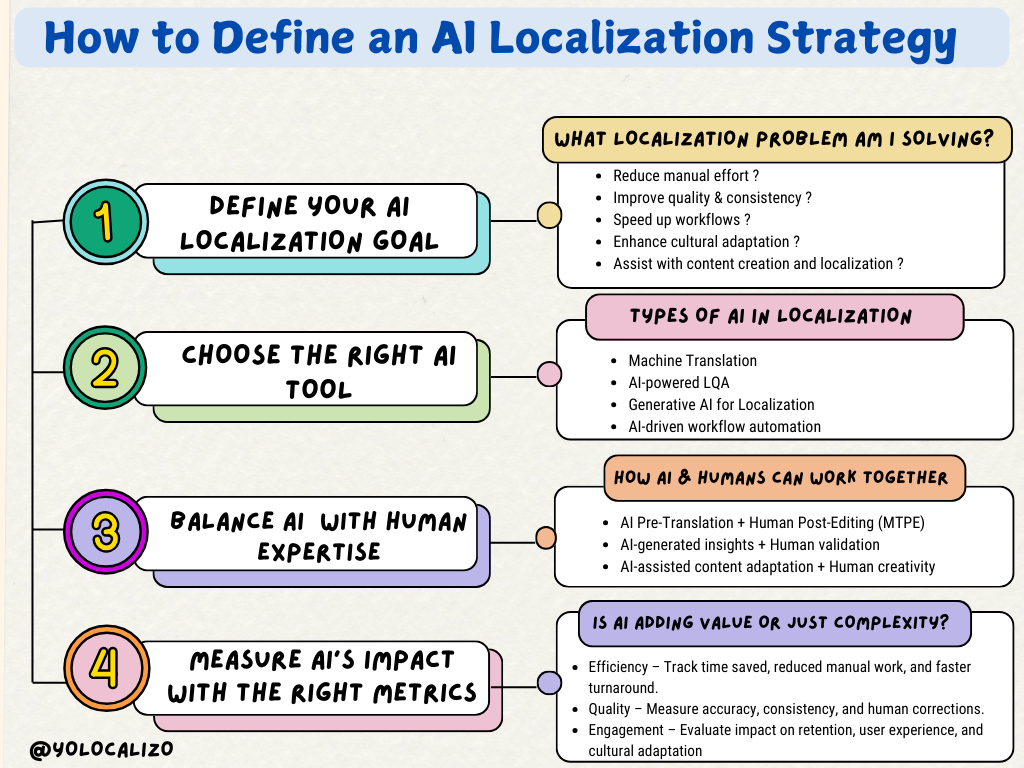Some reflections about the bad reputation of LQA Industry and 3 best practices!
Length: 1169 words.Estimated reading time : 8 minutes
The QA industry is a fairly advanced industry, and in which a good Test Automation Engineer can craft a promising future.
Source: Statista
The Localization industry, although less known than the QA, is also an expanding industry; it has been growing at a good pace for many years (graphic attached) and offers many possibilities for professional development!
And what to say about the video game industry! every year moves more money than the previous year. Last year without going any further billing rose 18% over 2017 to reach a dizzying $ 43 billion
These three separate industries work very well, but when we put them together the glamor goes down ☺️
When we join QA with Localization and with video games it is called LQA. But in reality it is called answer thousands of times to questions such as: ah, do you get paid for playing video games? It is called having a dubious reputation for finding bugs when developers and producers what they really want, is to launch the game to the market once and for all; it is called facing the monotony and repeating the same test case, again and again, day after day until the test case is a pass, or the time we have to test the product is over, or the budget ends, or all of the above!
The truth is that the LQA industry does not have the best reputation in the world, low salaries, long days/weekends that can be stressful, and a job that many people consider temporary, transitional until they find something better.
In addition to this, we must also add many internal barriers that an LQA team face in their own companies and clients. The perception is that the LQA process is expensive and slow.
While it is true that one hour of LQA, it can cost € 40- € 50 in certain cases, and in certain languages, it is also true that one of the factors that differentiate an app, software, video game, a website is actually the LQA. LQA helps us to separate the excellence of mediocrity, there is nothing more frustrating than having software with good functionality, full of bugs related to the UI. When we consider the cost of the LQA compared to the absolute budget of developing an application, this cost is minimal, however, it is one of the areas that if we neglect, our potential customers will realize soon.
When I download an app on my iPhone one of the factors that I value most to consider the Premium version or get into the subscription services is the quality of the UI, how careful is the UX, the look and feel; if I see an application or a game that I like, but, the UX is a disaster, I uninstall it. And it is true that I feel sorry for the development team that is behind that app, I know the number of hours, effort and Euros/USD that have had to be invested to get me to have that app on my phone, but the reality, is that when I see a product that has clearly not been tested, it seems to me a lack of respect for the end user. Paying attention to the LQA is important for different reasons, not only for this perception that we give to the clients of mediocrity, unfinished product, but the truth is that we can also confuse users and we could even offend them!
Getting into that situation in this hyper-connected world that we live in it's not a good place to be, because maybe a successive series of bad reviews will spread in different social media channels, and this can have a great impact on the reputation of the company/product. Sometimes, recovering from that bad reputation may even be impossible!
Yes, LQA industry has a bad reputation, it is said to be slow and expensive. But the truth is that this reputation that the industry has, I consider it quite unfair. Professionals who work in it have an important role since together with translators, they are the key so that millions of people who do not speak English have the opportunity to play wonderful games in a wide variety of markets.
They are usually people with a fairly high level of technical education, well-trained linguistically and who speak several languages.
Best practices on LQA there are many, but in my post this week I wanted to share with you the top 3 best practices that I have seen in my career that I think can generate a greater impact. Keep reading! I'm going to explain my podium to have an LQA framework top notch!
www.yolocalizo.com
1. Embed LQA (or even the LQA testers!) in the Development cycle. Find a way to have LQA testers embedded and sync early in the Development process. In those early phases, the cost of re-do and apply best practices are extremely low and the benefit we can get is extremely high. Adopting Internationalization best practices here is crucial to minimize the number of international bugs that we might have later, either related to UI, HUD or variables in general. Check out HERE a previous post where I discussed the importance of proper i18n in our products. During this early dev phases, we need to pay attention to:
• all reference and project management material is created; also
• this is the right time to create a test plan, test cases and
• agree on Schedule and
• define a bug policy
2. Provide LQA Testers with the right tools. LQA tasks can be extremely consuming and demotivating running every day the same checks. Right tools go from Cheat/Debug tools to assist the testers to progress faster, to good bug management tools such as JIRA. A summary of the best Localization/QA tools for Translators and LQA testers can be found HERE
3. Get access to Glossary and Style Guide. Consistency across terms when using an app is really important to avoid getting confused users.
If we use different names to refer to buttons, menu options, game modes ... that will make users not clear about how the product works, it generates confusion and confusion is never good (unless we are interpreting the role of the Joker in any of the latest Batman movies!). The style guide will also avoid many headaches to avoid reporting bugs that are not; establishing clear expectations of the style that our content must have will make us have an LQA team much more aligned with the strategy and vision of the Development Team.
LQA testers so necessary and so "hated" at the same time, but give them an opportunity, give them a little bit of love, they are the guardians of the quality of many of the products we use every day, and after all, we all like use products with high quality, right? ☺️
Have a great week! And please leave in the comments field your thoughts about LQA industry and which best practices worked best for you!
@yolocalizo














We all talk about the importance of localization metrics, but where do you actually get them?
This question hit me hard during a recent panel, and it made me realize something I had been overlooking.
If you’ve ever struggled to find the right data to prove localization’s value, this post is for you.